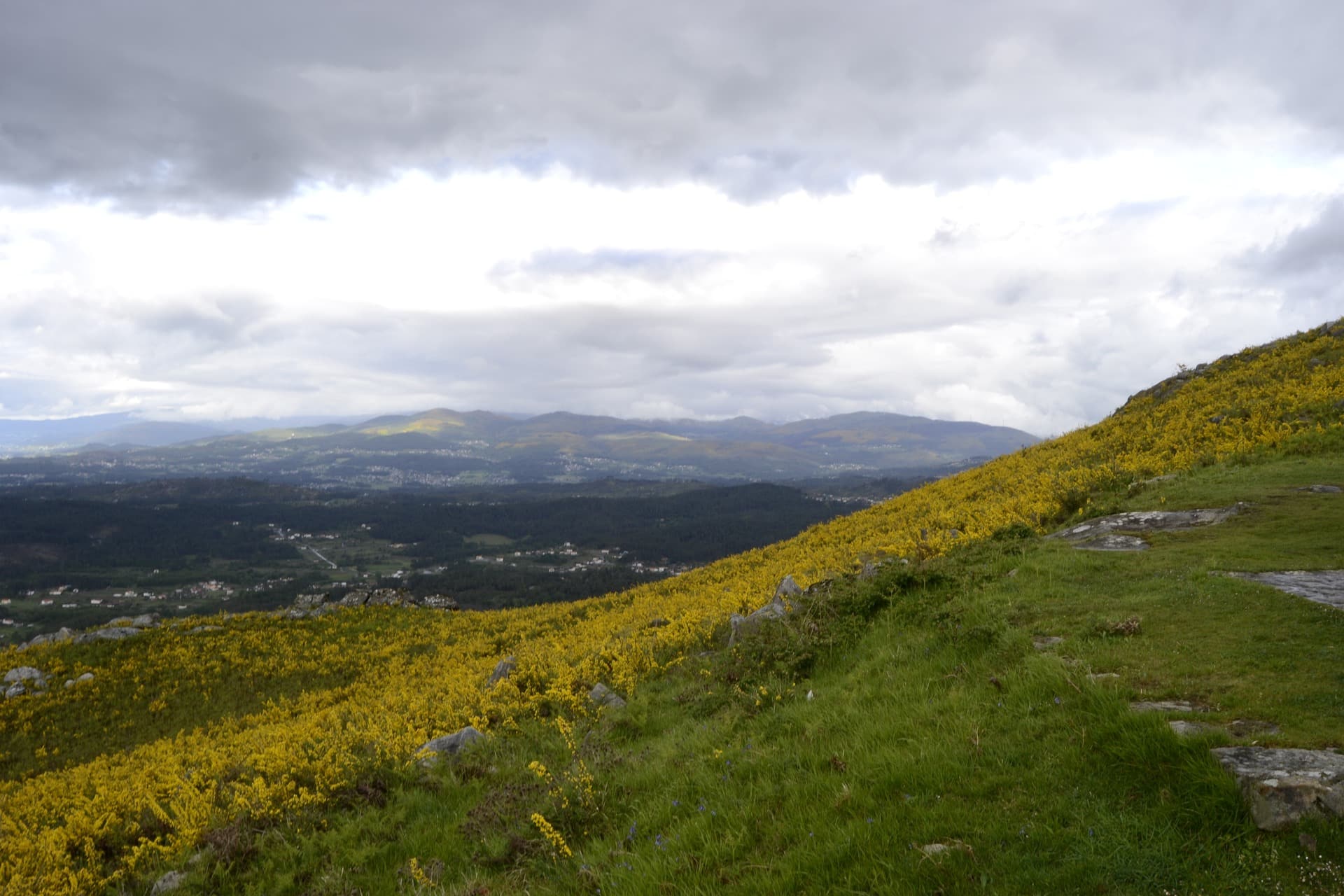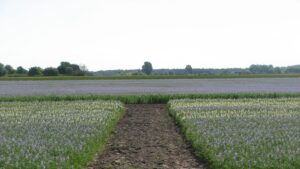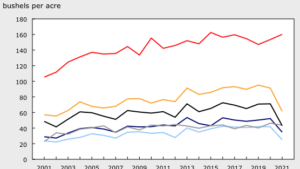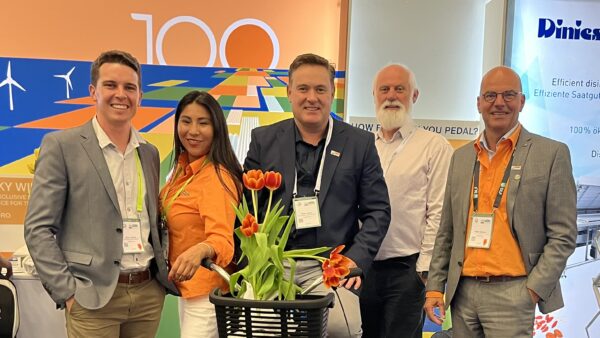The latest developments in the Portuguese seed sector.
In the Portuguese seed business, there is a huge diversity of crops, with the main crops being forages and temporary grasses, grain cereals and vegetables. The country has 4M ha of utilized agricultural area, representing 43 per cent of its territory. According to the last census in 2019, the percentage of land used for agricultural purposes has increased 8,1 per cent in the last decade. 52 per cent of the utilized agricultural area is occupied with permanent grassland. Permanent crops like olive and vine are also important to Portugal’s agriculture sector. Approximately 1M ha of arable land is used for temporary crops including temporary grasses and grazing, fodder crops and vegetables. The value of the seed market in Portugal (without potato) is estimated at around 80M Euros.
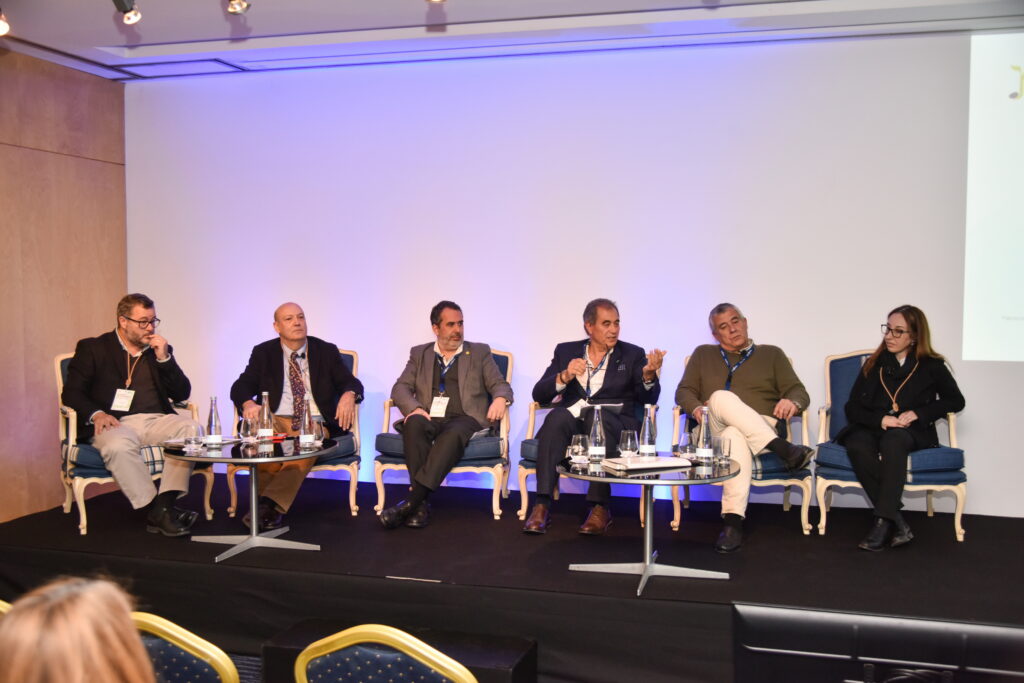
Specifics of the Portuguese Seed Sector
Portugal has very good weather conditions for seed multiplication; however, due to technical restrictions and disinvestment in agriculture, it is a sector that has had no growth over the last couple of years. Climate change has caused great challenges that have been increasingly difficult to overcome due to the lack of crop protection products and varieties.
In the scope of the present framework for farm production subsidies, there is now a national measure to encourage farmers to opt into seed multiplication. We have great expectations that this measure will help to increase the area of seed multiplication in Portugal.
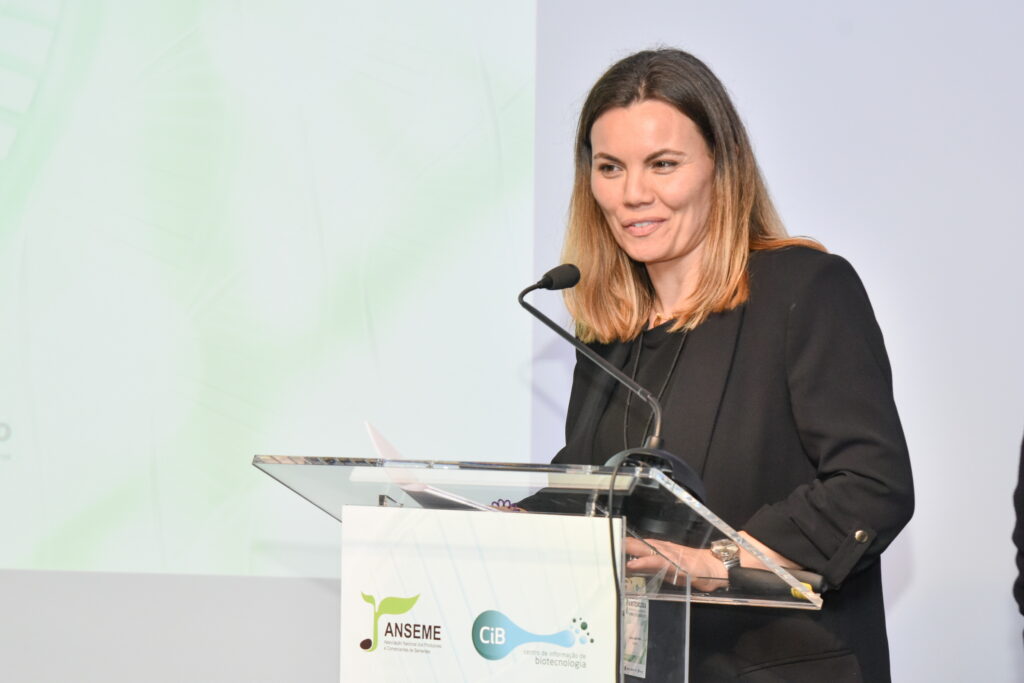
Challenges in the Portuguese Seed Sector
The Portuguese seed sector is facing a few challenges. It is important to note that the weather conditions in Portugal are quite favourable for the development of pests and diseases. While that can be overcome with the use of treated seed, thereby avoiding or reducing crop spraying, there is a lack of active substances that are suitable for seed treatment, in particular fungicides but also insecticides. The loss of these kind of substances in the last few years has brought serious challenges, not only for the Portuguese seed sector but also for farmers in general, with significant yield losses.
On a broad level, with important European legislative proposals on the table, Portugal needs to approve new legislation that is benefiting its seed sector in the areas of:
1. Production and marketing of plant reproductive material in the Union,
2. Plants obtained by certain new genomic techniques, and
3. Packaging.
At the national level, in order to ensure that the entire seed certification process is efficient, Portugal needs to increase the number of tasks that can be undertaken by the private sector under official supervision.
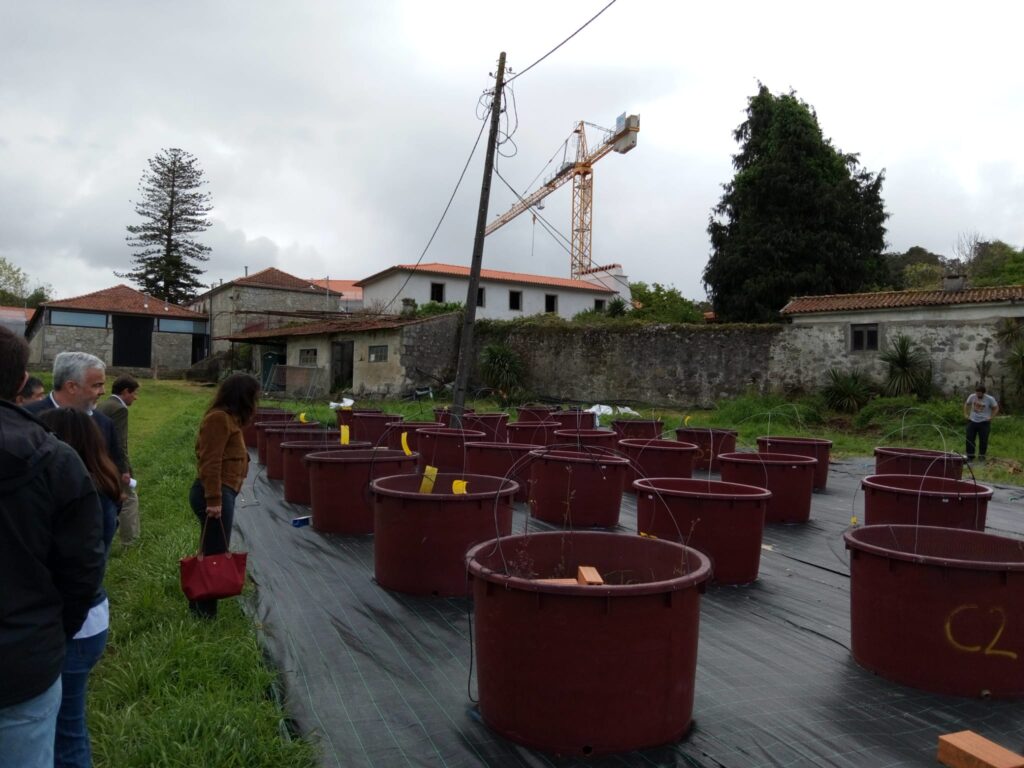
Biotechnology and New Breeding Techniques
Portugal, along with Spain, is one of the very few EU countries where growing GM corn is acceptable. Farmers who sow GM corn in Portugal continue to report that they believe it is a safe option. According to the 2022 GM crops report, the majority (63 per cent) of farmers using GM corn indicated the main reason for choosing genetically modified corn varieties was a better control of corn pests without the use of insecticides. Yield increase was another reason mentioned alongside grain quality. The technology continues to be chosen by both large and small farmers. It is interesting to note that Portugal is the only European country with legislation that mandates coexistence measures in GM corn, allowing freedom of choice for farmers.
We do believe that the Portuguese government is aware of the advantages of agriculture’s new technologies as tools to fight climate change effects. Portugal voted in favour of the new NGT legislation in December 2023. From ANSEME, we have been discussing this matter in alignment with our partner EUROSEEDS. We have managed several meetings and workshops at the national level to discuss NGTs not only with farmers, but with academics and the public in general.
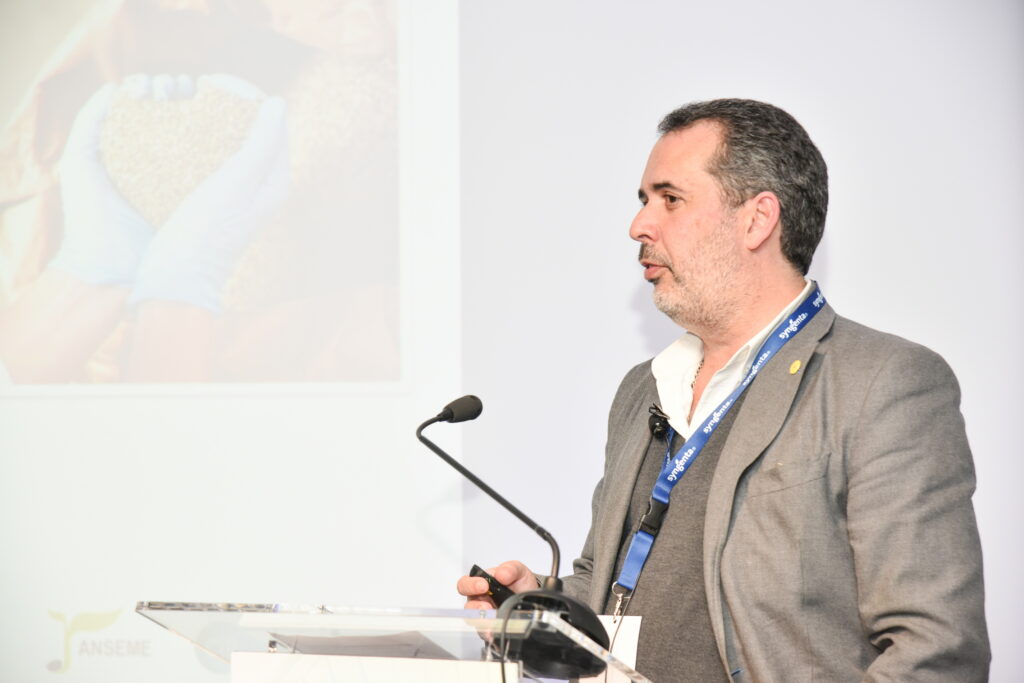
Royalty Collection on Farm Saved Seeds
There is no Royalty Collection system on Farm Saved Seed (FSS) implemented in Portugal. However, there is interesting work being done at the seed sector level, with important food industries demanding the use of certified seed or the use of certain varieties. Some companies even require an invoice for the acquisition of certified seed as proof.
That said, some FSS is sowed (and marketed) in Portugal. In our context, where just a few players are acting along the food chain, it has been possible to reach certain understandings in order to control the use of FSS. Due to this work, Portugal has achieved very strong uptake of certified seed. In the case of brewing barley, for example, we estimate that over 70 per cent of the barley produced in Portugal is sown using certified seed.
On the other hand, the large geographic spread of farmers and small production areas means information on the use of FSS is not only extremely difficult to find, but the compensation amounts collected from FSS would not warrant the effort by seed companies. Our belief is that most of these farmers can be included in the small farmer definition and would therefore be exempted from this payment anyway.
In general, seed companies do not feel that FSS is a true competitor for the acquisition of certified seed. However, there have been several particular problems that, due to our small dimension and number of players, have been quickly corrected.
Alignment with EU Partners
ANSEME attends the EUROSEEDS Congress every year. Being part of the EU, it is important that we are aligned with our European partners. Besides, it is an opportunity to meet in person those we work with all year long. Each time we attend a congress, we come back with lots of good ideas to implement.
Origins of ANSEME
In the early 1980s, three national seed companies and competitors — JAD Sementes, Alípio Dias e Irmão and Casa Cesar Santos — decided to come together to protect the interests of the seed sector in Portugal. Founded in 1981, ANSEME currently represents almost 90 per cent of the national market.
After more than 40 years, ANSEME continues to be the link between associated companies and the Official Services of the Ministry of Agriculture. It also ensures relations with European Institutions. ANSEME is member of International Seed Federation and EUROSEEDS, maintaining close with these two organizations in order to be aligned and updated with the international seed sector.
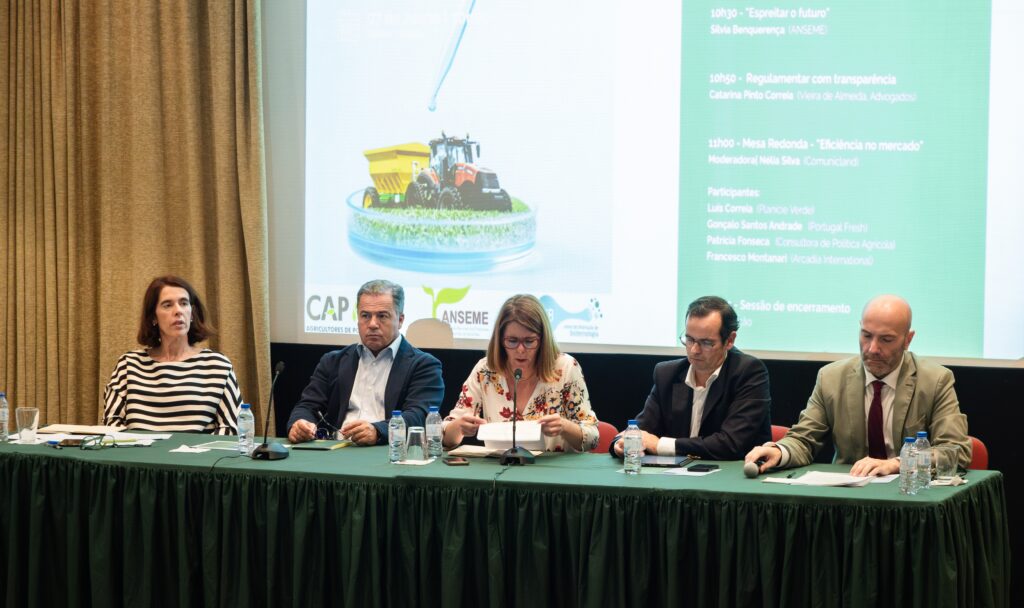
Structure of the Association
ANSEME’s mission is to assure the smooth functioning of the sector, ensuring the supply of seeds in quantity, quality and varieties adapted to the market’s demands. Through the technical support and information provided to the associated companies about requirements and changes to the regulations, as well as the promotion and value of certified seed, ANSEME works for a fair, transparent and professional seed market.
We hold two General Assembly meetings per year during which we offer technical visits to our Associate members, such as visits to seed companies, industries, public research centers and official seed services. These are great opportunities to unify the sector and to widen horizons. The association is organized by Technical Sections, exactly like the Sections in EUROSEEDS, for practical reasons. Currently we have six Sections: maize, cereals, oilseeds, fodder crops, vegetables, and seed potatoes. However, this organization is flexible and new Sections can be created whenever necessary.
We cooperate with the Portuguese official services in the National Catalogue Variety registrations, establishing VCU Trials for maize, sunflower and forage crops. We also participate in several projects with other stakeholders and partners related to agricultural practices, precision farming and other topics. In addition, we are present at major agriculture events at the national level, such as fairs and exhibitions.
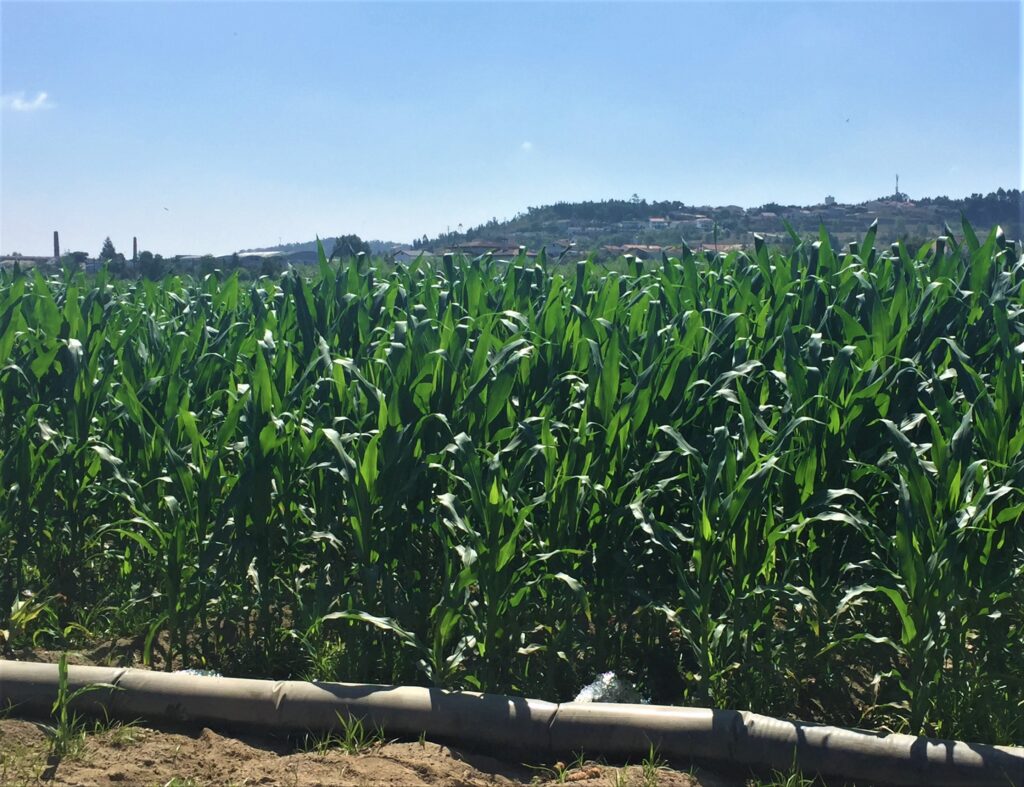
Membership at ANSEME
Currently ANSEME has 38 members. 76 per cent of members measure more than 50 per cent of their business volume in seed. The association welcomes as members all companies specialized in breeding, producing and/or selling seeds in Portugal, from small family businesses to large multinationals. This heterogeneity that characterizes the association, despite not always being easy to manage, enriches our work, ensuring that all the association’s positions are properly balanced. Despite this heterogeneity, we believe that we have been able to manage the interests of our associates while maintaining harmony inside the association. Besides this, we have extraordinary associate members, which are companies active in the food business that supply seeds to their farmers. Although these companies are not directly involved in the seed business, they end up handling seeds.
Portuguese Language Countries
ANSEME has also good relations with the Community of the Portuguese Language Countries (CPLP). Portuguese speaking countries, in particular those in Africa, are an important market for Portuguese seed companies. The cultural and, above all, linguistic proximity enables commercial transitions.
Editor’s Note: Silvia Benquerença is Secretary-General of the Portuguese seed association ANSEME


